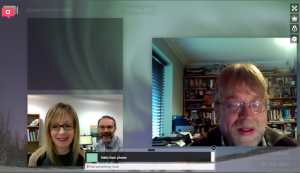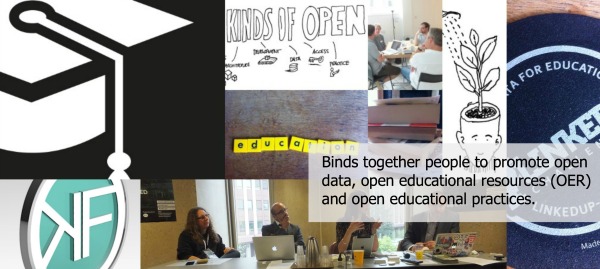One question that we always get asked about LRMI is “who is using it?” There are two sides to this, use by search service providers and use by resource providers, this post touches on the latter.
In phase 2 of the LRMI project, various organizations were given small amounts of money to implement LRMI in their systems and workflows. Those organizations are listed on the Creative Commons web site, and Lorna is in the process of gathering together the lessons they learnt which will be reported back shortly. Perhaps more importantly, at least from the point of view of sustainability, are implementations that arise spontaneously, either by organizations with learning resources to disseminate who make a conscious decision to use LRMI, or those who in using schema.org markup find that one of the properties that LRMI added is appropriate. Of course no one doing this is under any obligation to inform us of what they are doing, so it is harder to keep track of such use. Fortunately the Google Custom Search Engine Wilbert and I cobbled together can be used to discover such implementations. It’s a bit hit-and-miss, you need to search for common topics (Math, English) and trawl through the results for new sites, but it’s better than nothing.









